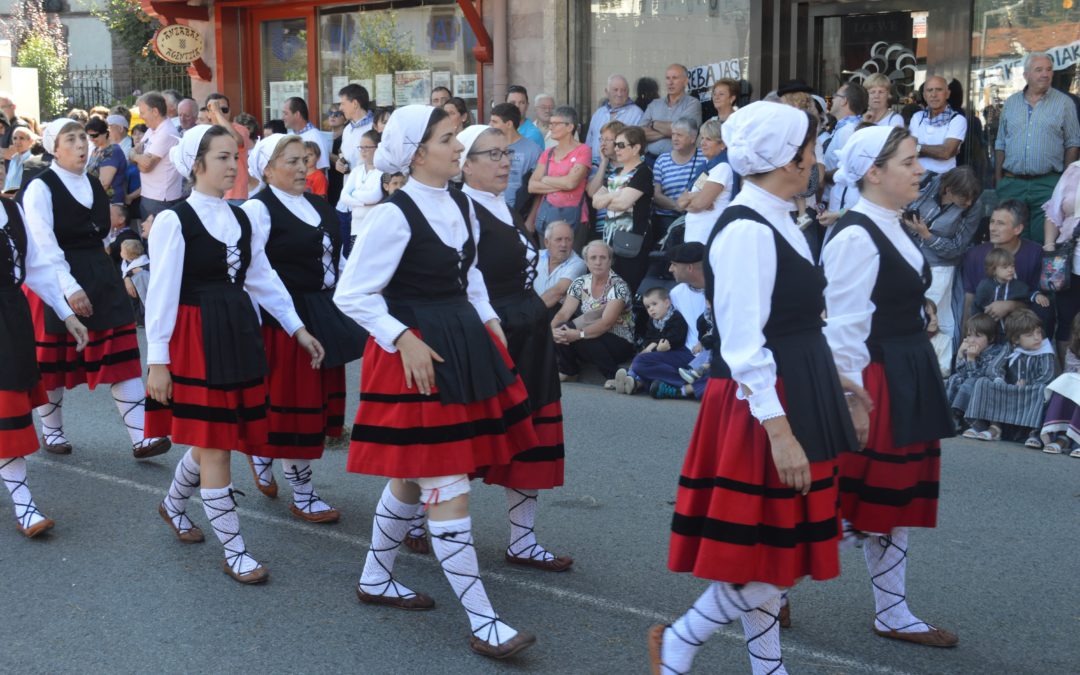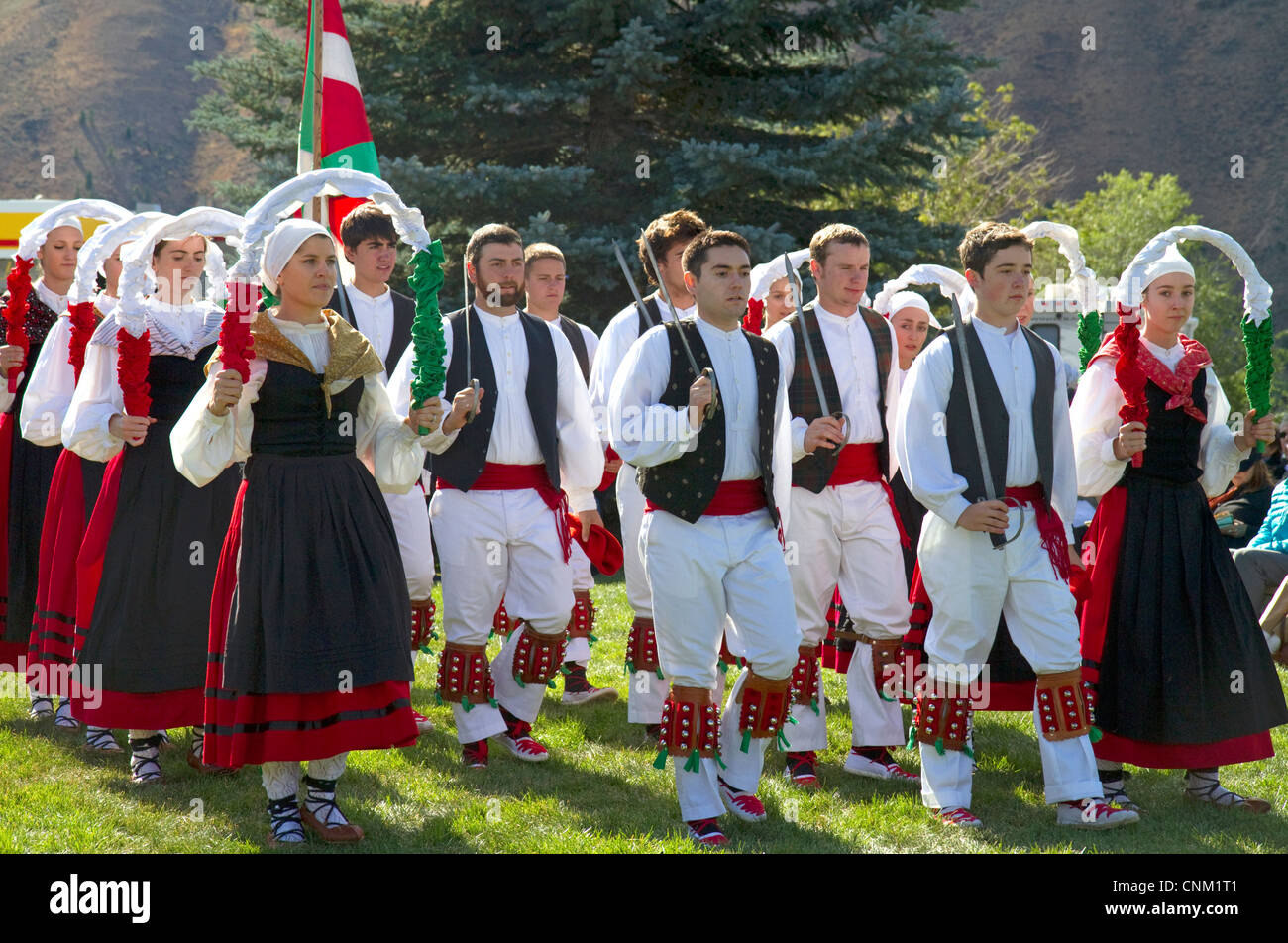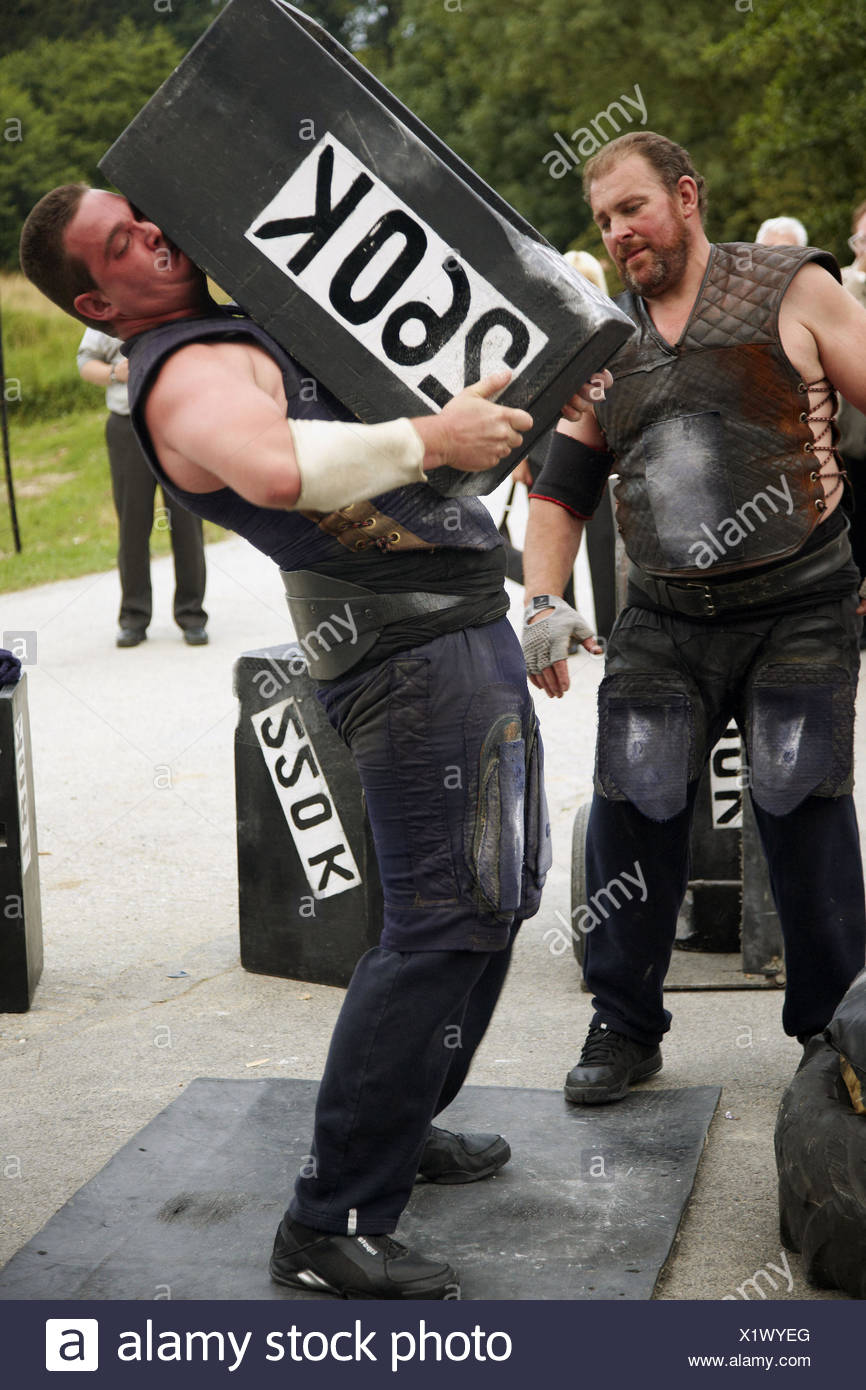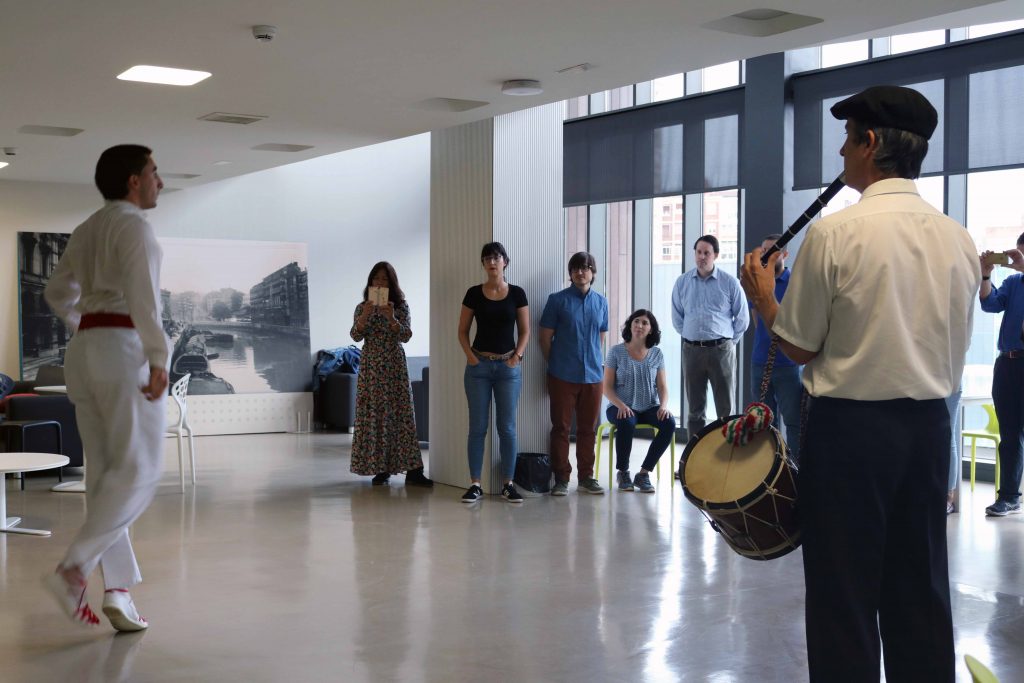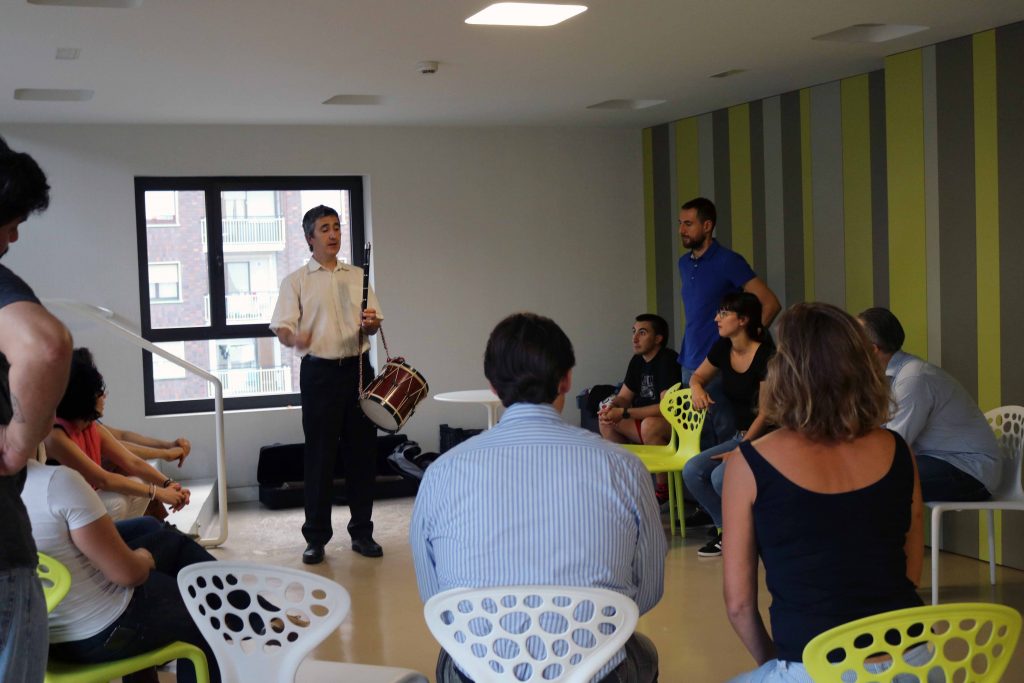Kaixo berriro! You’re always welcome, anon ^_^.
Thanks for your questions! We love this subject, so bear with us, this is going to be a long post. First off, both asks are related and linked. That said:
1) All Basque women have different personalities, just like women from any other country. That said - and talking from our own personal experience - we could spot some common traits. We’d say that most of us are distrustful of strangers, straightforward, and used to be listened by both fellow women and men. This straightforward attitude towards both women and men and coming from a matriachalist - not matriachal, see section 2 - society, has brought Basque women lots of misogyny from non-Basque men - especially Spaniards - who enjoy covering us with a reputation of being butch, bosy, dominant, sex-avoiding, castrating, and overall ugly females. Notice it’s the same fake archetype some men invented for suffragists and feminists: the non-feminine, frigid woman who likes to “act like a man”.
2) About the historic part, our favourite ^_^.
Although it’s still open for debate, the most recent and accepted theory about Basque women and its role in our society is the so called Basque matriachalism - sorry if it’s not the right term, we couldn’t find any of this in English so we just translated directly. Since a matriachal society needs some rules and laws that effectively gave more power or rights to women than to men - and since none of this has ever been found in Basque history, at least, not that scholars know - traditional Basque society can’t be considered matriachal. However, it’s clear that there is a “psico-social structure focused on the feminine archetype that impregnates, coagulates and unites the traditional Basque social group in a completely different manner than the patriachal Indoeuropean peoples”, quoting theory defender Andrés Ortiz-Osés. Basque matriachalism represents a focus on the mother, a psicosocial structure focused on the mother/woman projected on Mother Earth/Nature.
This structure is divided in 4 layers:
- the psico-mythic one: the main Basque goddess is a woman, Mari, and all women are her priestesses in their own home, responsible of the rites and the passing of religion onto the next generation.
- the social one: kinship follows the mother line. There was a totally different way of understanding the family tree for ancient Basques, and researchers know it because of Basque suffix -ba. This suffix appears with family members that are women or related to them: arreba (sister of a man), alaba (daughter), ahizpa (sister of a woman), izeba (aunt). This suffix is missing when we talk about men in the family: anaia (brother of a man), semea (son). Okay, but this doesn’t explain that whole different family tree you talked about, neskak! Yes it does. Because this same suffix appears in the names of family members that are men, and that nowadays are not direct relatives: neba (brother of a woman), osaba (uncle), asaba (grandparents), loba (niece, nephew), iloba (grandaughter, grandson).
- the symbolic-linguistic one: time is understood as flowing instead of a present moment, fate is preferred over free will, nature over mankind, society over individual, animism over religion. In our language, for example, we say that “somebody makes rain” instead of “it’s raining”, and that “the river killed someone” instead “someone died in the river”.
- the state of mind one: huge attachment to the mother, maternal autorithy, creation of guilds and men recreational clubs - in the sense that, contrary to patriachal societies, women freely let their men have their space and didn’t limit their reunions in any way (society over individual). G.R. Taylor in Sex in History states that we can talk about communalist-spontaneist “matrism” opposed to an individualising-blaming "patrism“. This could be seen in akelarres, agrarian colectivism and cooperativism, that still survive in the Basque Country.
Needless to say, this whole structure survived for millenia until our days because of a late Christianization and because Basque men’s traditional occupations were shepherding, fishing and mining, jobs that required them to spend long periods of time away from home and left women in charge de facto.
Are you still with us?? Didn’t fall asleep? Yay!!! Well done and milesker for reading our whole post.
 Вход
Вход Зарегистрироваться
Зарегистрироваться
 Тема закрыта
Тема закрыта



 Наверх
Наверх
